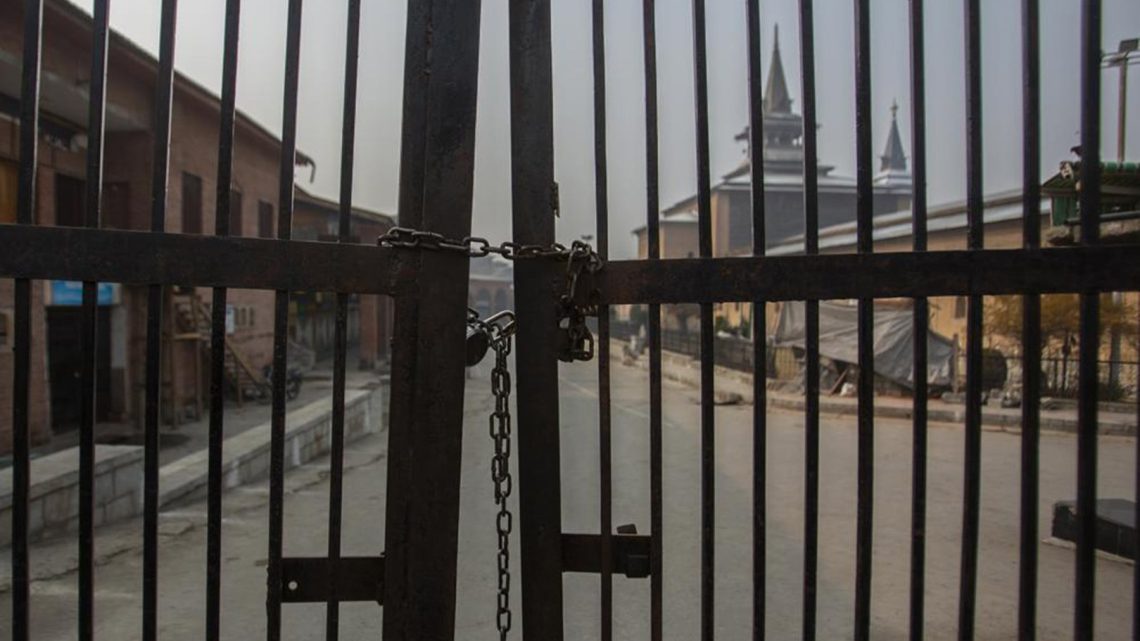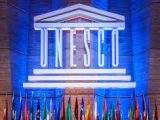
Challenges Surrounding Muslim Religious Practices in IIOJK
November 17, 2023In recent weeks, the city of Srinagar in Indian illegally occupied Jammu and Kashmir has witnessed a concerning trend of restrictions on Muslim religious practices. Of particular note is the denial of Friday prayers at the historic Jamia Masjid for the sixth consecutive week, accompanied by the continued house arrest of prominent religious figure Mirwaiz Umar Farooq. This situation raises questions about the broader issue of religious freedom and the impact of such restrictions on the Muslim community in the region.
The Jamia Masjid in Srinagar holds significant historical and cultural importance for the local Muslim population. It has long been a symbol of religious identity and a central place for communal prayers, especially during the holy day of Friday. However, recent reports indicate that the Anjuman Auqaf, the organization responsible for the mosque’s affairs, has been denied the ability to open the gates for Juma prayers by local authorities.
Mirwaiz Umar Farooq, a prominent religious leader and the chairman of the Awami Action Committee, has been under house arrest, adding another layer to the restrictions faced by the Muslim community in the region. The continued confinement of a religious figure of such stature not only raises concerns about the right to freedom of movement but also suggests a broader pattern of limitations on religious leadership and expression.
The Anjuman Auqaf, responsible for overseeing the affairs of Jamia Masjid, has expressed strong disapproval of the ongoing restrictions. In an official statement, they decried the denial of access to the mosque for Friday prayers and condemned the house detention of Mirwaiz Umar Farooq, labeling it as a manifestation of frustration on the part of the authorities.
The situation in Srinagar brings attention to the broader issue of religious freedom in conflict zones. The denial of the right to practice one’s religion freely not only impacts the immediate community but also raises concerns at the international level. Advocates for human rights and religious freedom are likely to scrutinize these developments and call for a resolution that respects the rights of individuals to practice their chosen faith without interference.
The restrictions on Friday prayers at Jamia Masjid and the continued house arrest of Mirwaiz Umar Farooq underscore the challenges faced by the Muslim community in Srinagar. As the situation unfolds, it is crucial to closely monitor developments, engage in open dialogue, and encourage efforts that promote religious tolerance and respect for fundamental human rights. The international community’s attention to these issues may contribute to finding a peaceful resolution that upholds the principles of religious freedom for all.

